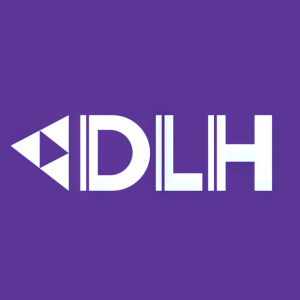[SCHEDULE 13G/A] DLH Holdings Corp. SEC Filing
Rhea-AI Filing Summary
Amendment No. 3 to Schedule 13G filed 29 Jul 2025 shows that William Mueller-affiliated vehicles—Mink Brook Partners LP, Mink Brook Opportunity Fund LP, Mink Brook Capital GP LLC and Mink Brook Asset Management LLC—collectively own 2,383,450 DLHC shares, or 16.57 % of the 14,386,468 shares outstanding as of 5 May 2025.
- Mink Brook Partners LP: 1,689,128 shares (11.74 %).
- Mink Brook Opportunity Fund LP: 694,322 shares (4.83 %).
- All voting and dispositive power is shared; no party holds sole power.
- Filed under Rule 13d-1(c); certifies the stake is passive with no intent to influence control.
Mink Brook Capital GP LLC (general partner) and Mueller (managing member) may be deemed beneficial owners but expressly disclaim ownership beyond their pecuniary interest.
The sizeable passive stake makes Mink Brook one of DLHC’s largest shareholders, potentially supporting the share price while concentrating ownership.
Positive
- Mink Brook entities report a 16.6 % stake, indicating strong institutional confidence in DLHC.
- Filing under passive Rule 13d-1(c) reduces near-term risk of activist pressure.
Negative
- Concentrated ownership could heighten share-price volatility if the fund reduces its position.
- Stake size allows significant voting influence despite passive intent, adding governance uncertainty.
Insights
TL;DR: 16.6 % passive stake signals confidence, tightens float, modestly positive for valuation.
Mink Brook’s aggregated holding exceeds the 10 % reporting threshold, moving it into a position of material influence even though the filing is passive (13G, not 13D). A committed institutional holder can stabilise the register and support liquidity, especially for a small-cap like DLHC. However, concentrated ownership reduces free float and could amplify price swings on any future exit. No financial metrics are disclosed, so the impact is limited to share-register dynamics rather than fundamentals.
TL;DR: Large but passive holding reduces takeover risk; governance impact presently neutral.
Because Mink Brook certified it is not seeking control, immediate governance implications are muted. Nevertheless, at 16.6 % it can materially influence shareholder votes on proposals or contested elections. The fund’s shared voting structure suggests coordinated decision-making across entities. Investors should watch for any conversion from 13G to 13D, which would indicate an activist turn. For now, risk of board disruption is low, but governance leverage exists.








